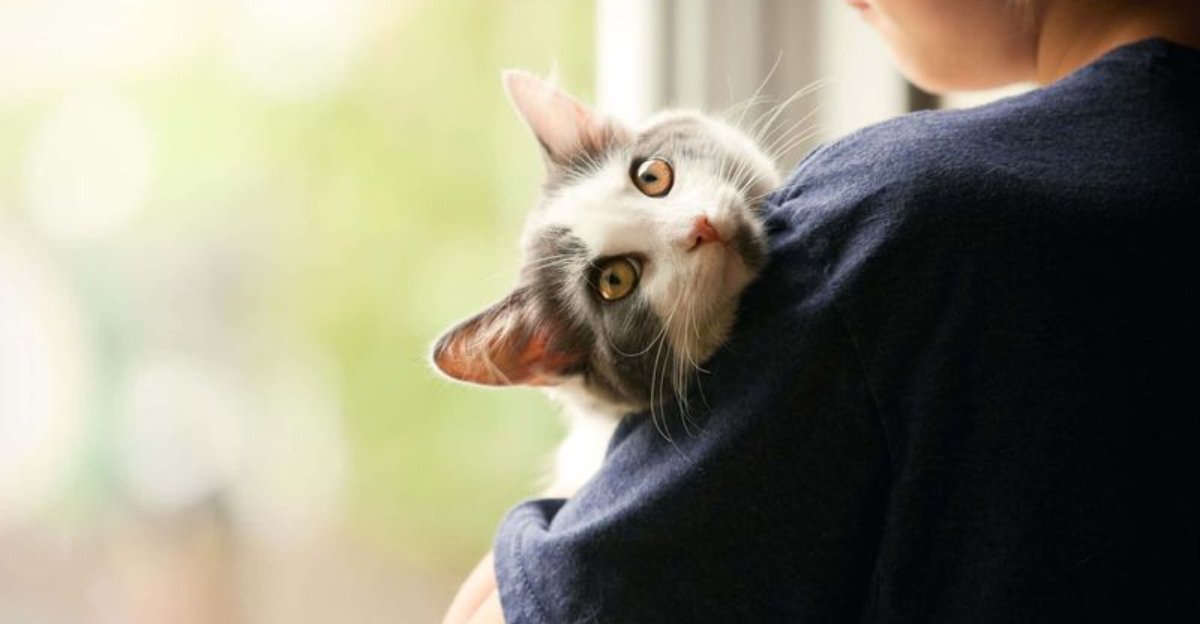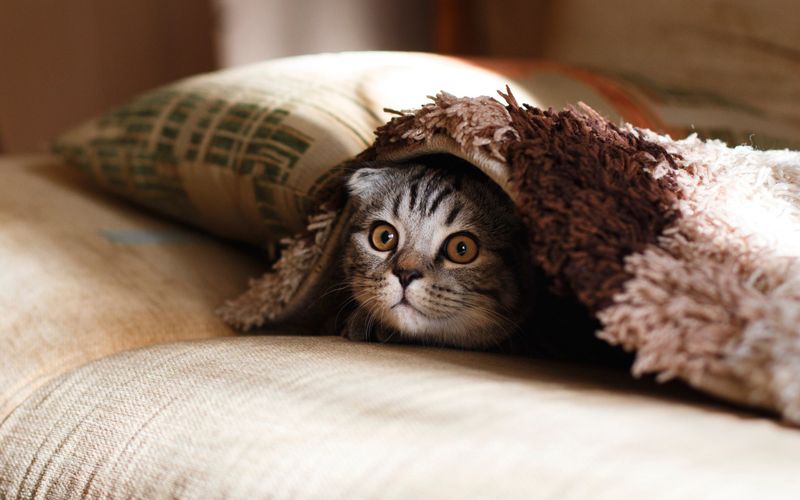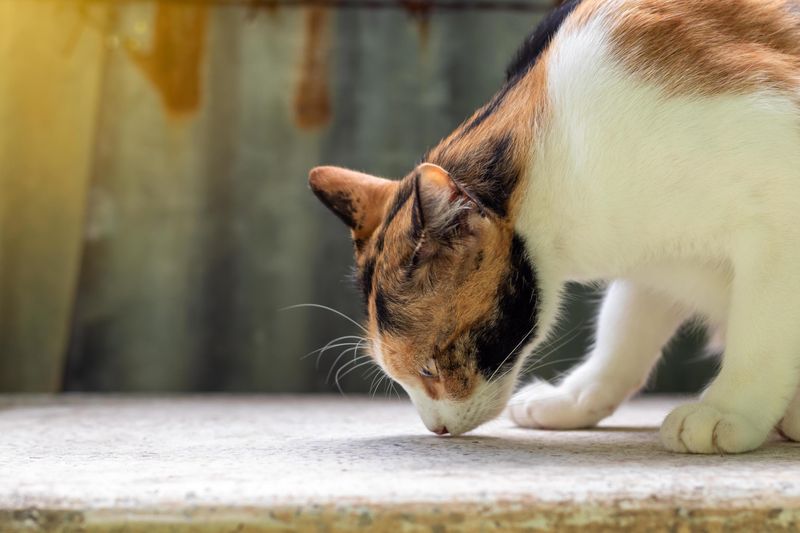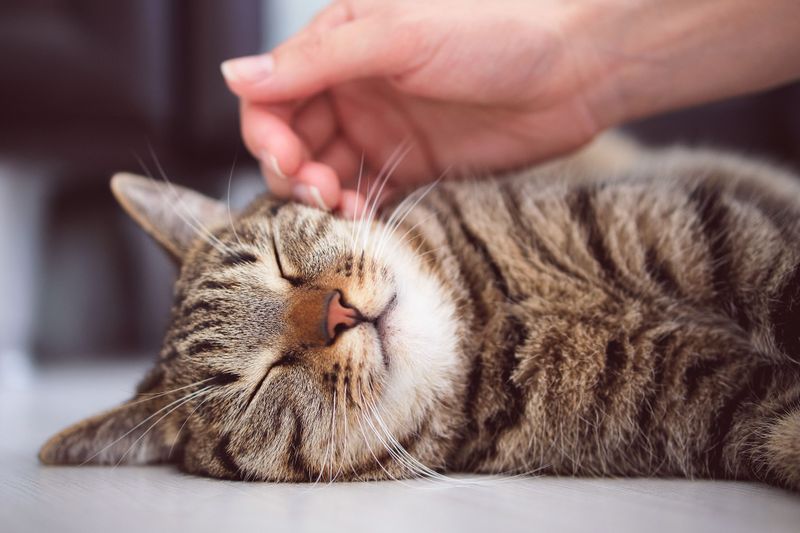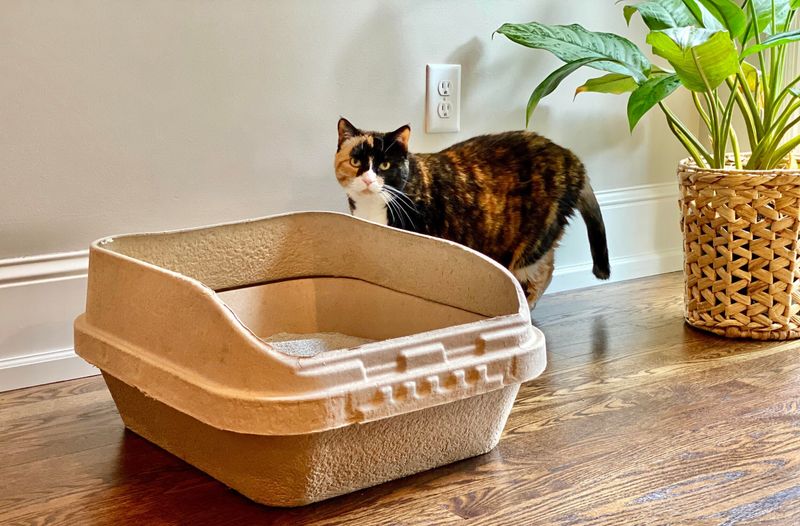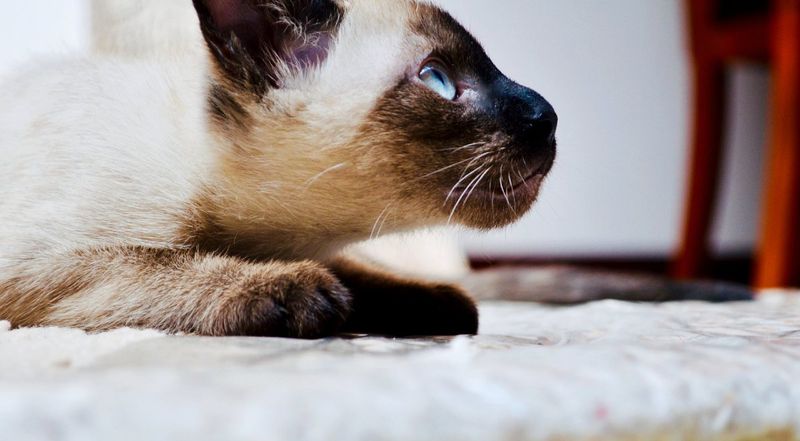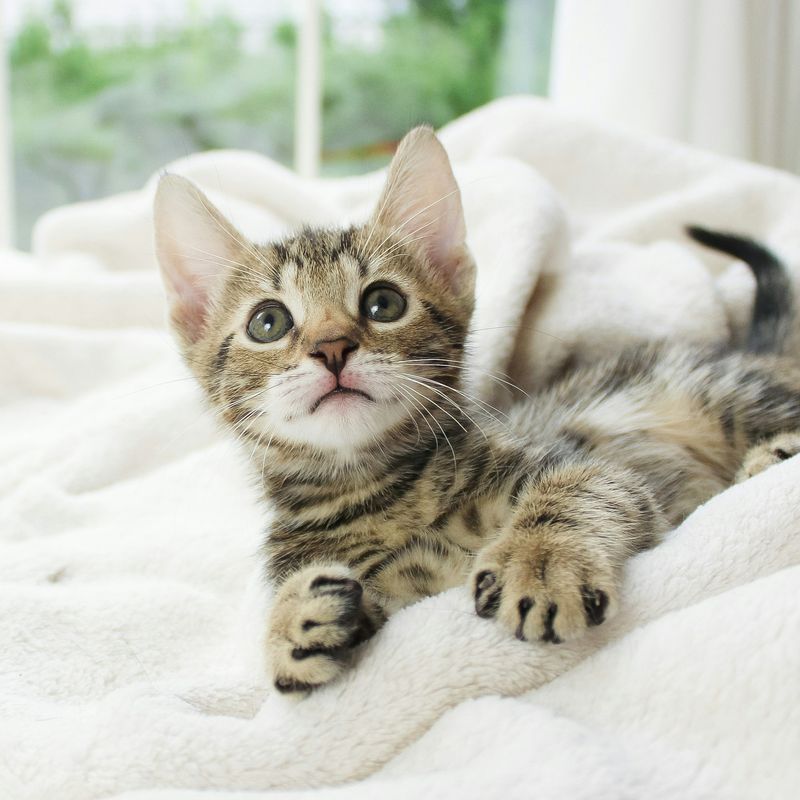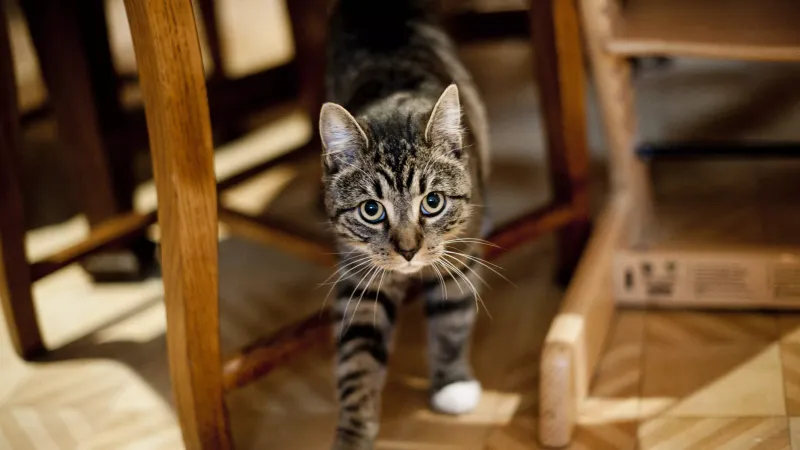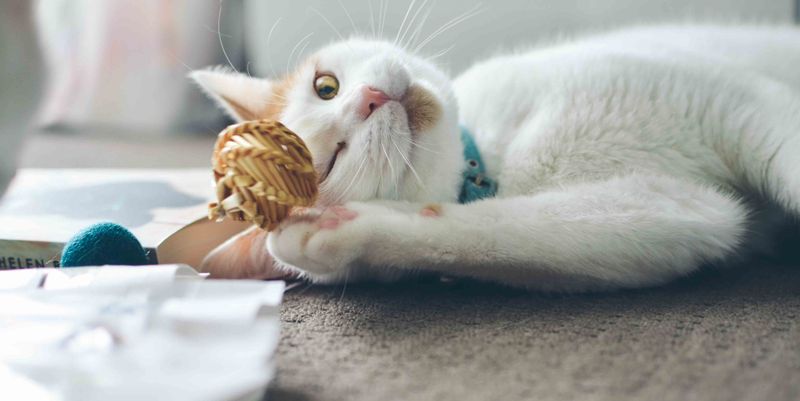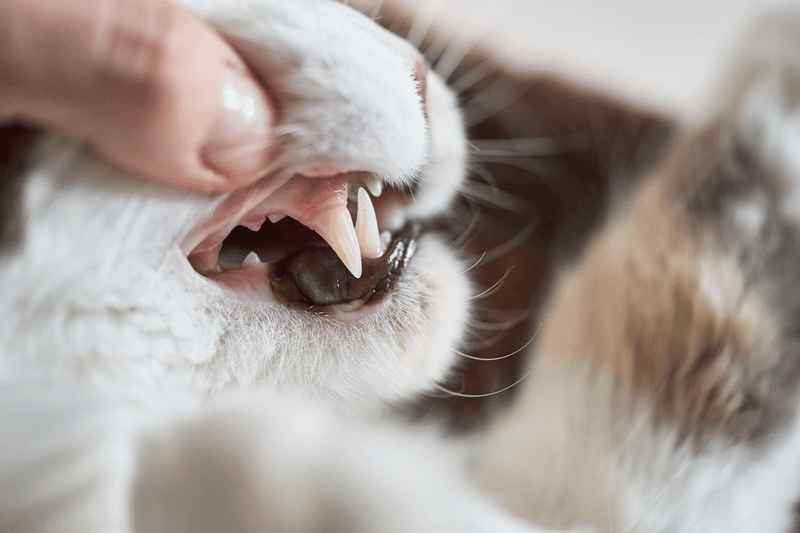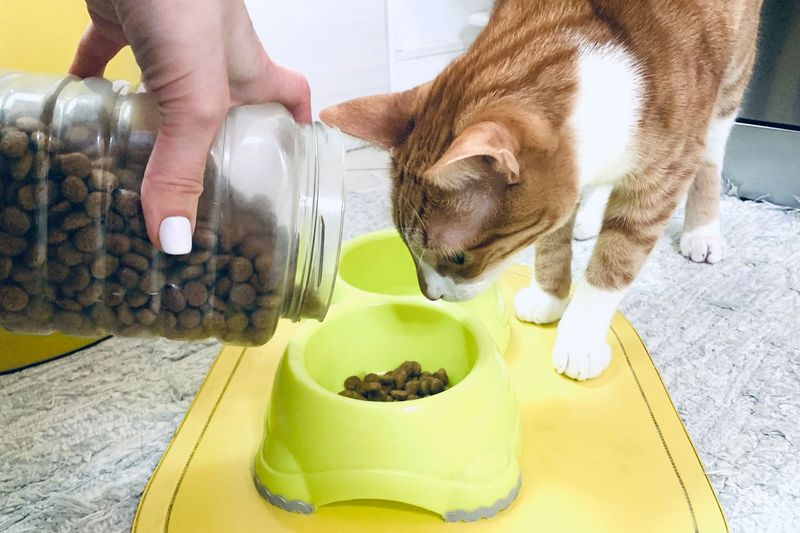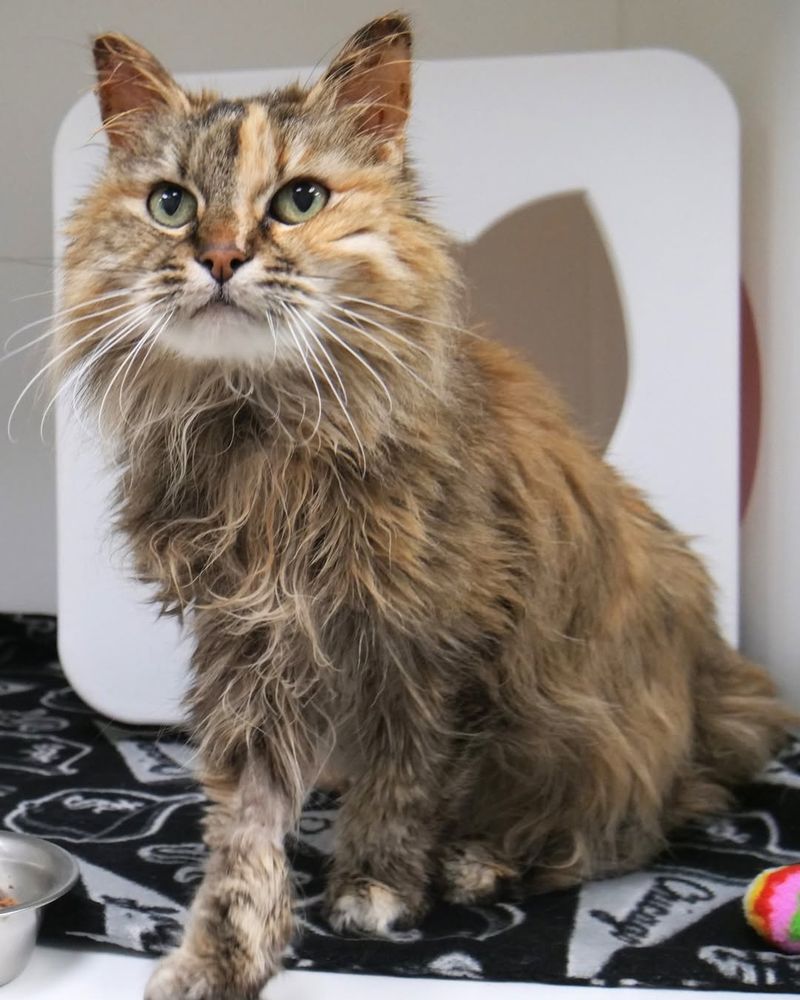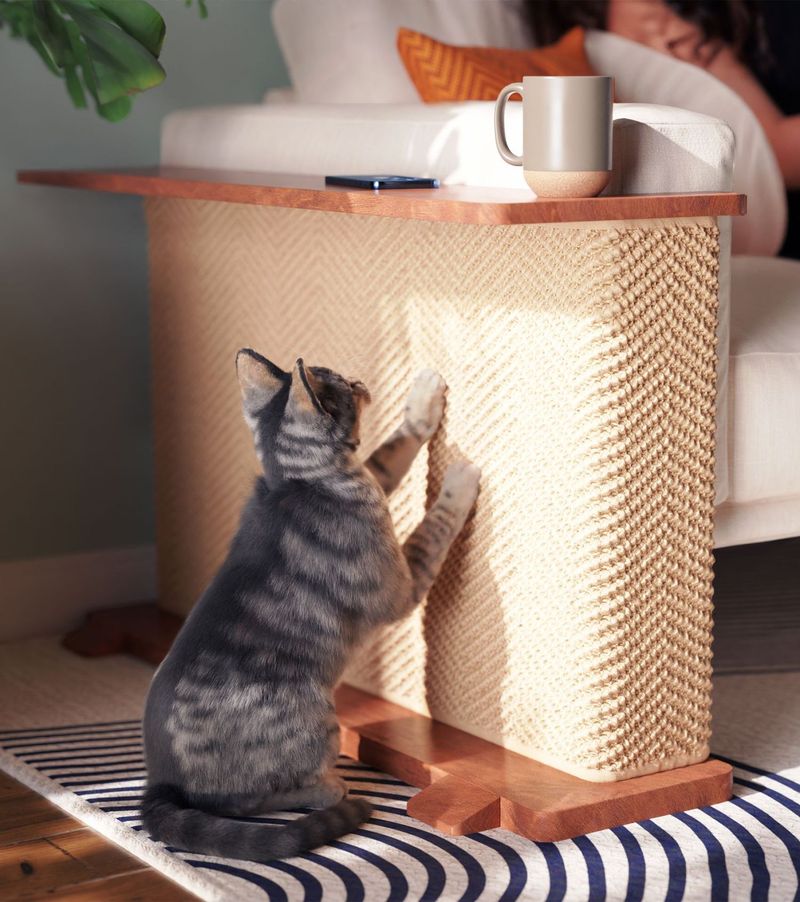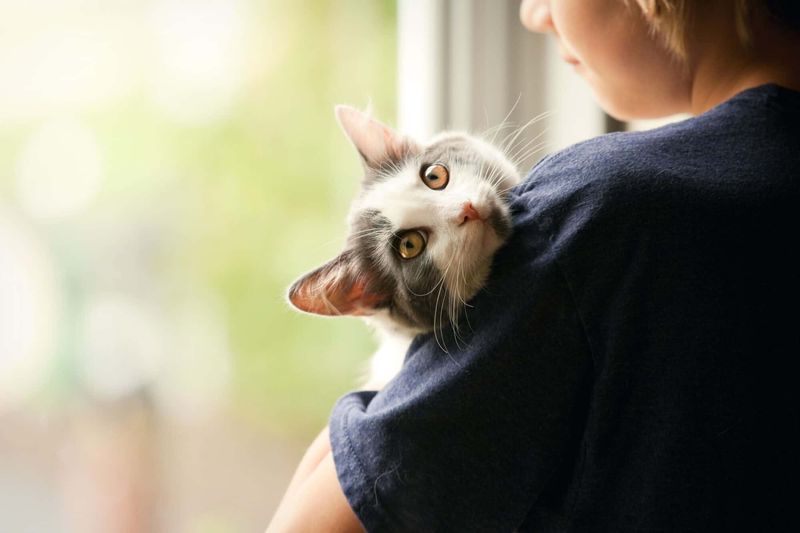📖 Table of Content:
- 1. Loud Noises
- 2. Strong Scents
- 3. Constant Petting
- 4. Forced Socialization
- 5. Ignoring Litter Box Hygiene
- 6. Sudden Movements
- 7. Not Enough Playtime
- 8. Restricting Their Space
- 9. Inconsistent Routine
- 10. Neglecting Dental Care
- 11. Dressing Them Up
- 12. Overfeeding
- 13. Ignoring Grooming Needs
- 14. Not Providing Scratching Posts
- 15. Rough Handling
Cats are fascinating animals with unique traits that vary from one to another. Their behaviors often stem from their instincts, making them sensitive to certain actions and environments. Recognizing their dislikes can help improve interactions and build a stronger bond.
Many behaviors that humans see as harmless can actually be unsettling for cats. These dislikes range from loud noises to specific touches that make them uncomfortable. Paying attention to these subtle cues can prevent unnecessary stress and improve the overall quality of life for both you and your feline companion.
Understanding what cats find intolerable clarifies their needs and boundaries. Simple adjustments to daily habits can make a big difference in how a cat responds to its environment. This awareness leads to a more peaceful coexistence and a happier, healthier pet.
1. Loud Noises
Cats have sensitive ears and loud noises can be very distressing for them. Whether it’s fireworks, thunderstorms, or even household appliances like vacuum cleaners, these sounds can send your feline friend running for cover.
Imagine your cat’s world being filled with loud, unexpected sounds – it’s no wonder they might react with anxiety. Creating a quiet, safe space where they can retreat during noisy times can help alleviate their stress. Consider using calming music or white noise to drown out the chaos, helping your cat feel more secure in their home.
2. Strong Scents
With their sharp sense of smell, cats can be easily overwhelmed by strong scents. Things like perfumes, cleaning supplies, and candles that smell nice to us may actually irritate a cat’s delicate nose. Be mindful when introducing new fragrances at home, and opt for scent-free or pet-friendly options to keep your feline at ease.
Observe your cat’s reactions to scents and adjust accordingly, ensuring that their living environment is comfortable and not overwhelming for their sensitive senses.
3. Constant Petting
While some cats enjoy affection, others prefer their personal space. Constant petting, especially when they’re not in the mood, can lead to irritation or even aggression.
Learn to read your cat’s body language to understand when they’ve had enough. Ears back, tail flicking, or a twitching back are signs they need a break. Respecting their boundaries will help build trust and a stronger bond. Offer affection on their terms, ensuring a happier and more contented feline companion.
4. Forced Socialization
Cats, especially the more introverted ones, can find forced socialization stressful. Being surrounded by strangers or too much activity might cause them to retreat. Provide them with a safe haven during social gatherings, where they can escape the hustle and bustle.
Allow them to approach new people or situations at their own pace, rather than forcing interactions. This approach respects their comfort levels and helps to prevent anxiety or stress-related behavior.
5. Ignoring Litter Box Hygiene
As naturally clean animals, cats can be very particular about their litter box. A dirty one can drive them to find alternative spots to do their business. Make sure to clean the litter box often and replace the litter to keep it inviting, and your cat will thank you by using it consistently.
Consider the type of litter, as some cats may be picky. Keeping a clean litter box is essential for their health and happiness.
6. Sudden Movements
Fast movements can unsettle your cat and cause stress or fear. Whether it’s a hurried gesture or someone passing by too quickly, these sudden actions can be overwhelming. Approach with patience and calmness, allowing your cat to come to you when they feel comfortable.
Understanding their need for a peaceful environment will help reduce stress and build trust between you and your feline friend.
7. Not Enough Playtime
Without adequate mental and physical stimulation, cats can quickly become bored, leading to unwanted behavior. Interactive play with toys keeps them engaged and helps maintain their health. Set aside time for daily play to strengthen your relationship and keep their energy in check.
Providing a stimulating environment supports your cat’s overall well-being and satisfies their natural hunting instincts.
8. Restricting Their Space
Independence is important to cats, and restricting their access to certain spaces can lead to stress. Closed doors or blocked-off areas may make them feel trapped.
Allow your cat the freedom to explore and satisfy their curiosity. Providing access to various areas of your home can enrich their environment. Consider creating vertical spaces like shelves or cat trees to expand their territory and keep them entertained and content.
9. Inconsistent Routine
Routine is key to a cat’s happiness, and any disruption can lead to stress or anxiety. Predictable feeding and play times give them a sense of control and security. Keeping a consistent schedule ensures your cat feels comfortable and at ease.
Consistency fosters trust, ensuring your cat feels more at ease and connected with their human companions.
10. Neglecting Dental Care
Oral hygiene is often overlooked, but it’s crucial for your cat’s health. Neglecting dental care can lead to painful issues and other health problems.
Regular brushing and dental treats can help maintain your cat’s oral health. It’s essential to introduce these practices gradually and positively. Consider consulting your vet for professional cleanings if needed. Proactive care can prevent discomfort and contribute to a happier, healthier cat.
11. Dressing Them Up
While some find it cute, dressing up cats can be uncomfortable for them. Most cats prefer their natural state and feel restricted by clothing.
If you must dress them up, ensure the clothing is comfortable and doesn’t impede movement. Observe their reactions and remove any attire if they show signs of distress. Respect your cat’s comfort and individuality by keeping costumes to a minimum, allowing them to enjoy being themselves.
12. Overfeeding
Feeding your cat too much can lead to obesity and serious health complications. Those adorable pleading eyes can be hard to resist, but portion control is essential.
Follow feeding guidelines and consult your vet for advice on your cat’s specific needs. Regular monitoring of their weight helps prevent obesity-related issues. Providing a balanced diet ensures your cat remains healthy and energetic, reducing the risk of health complications.
13. Ignoring Grooming Needs
A cat’s health depends on regular grooming, and neglecting it can result in discomfort and issues like mats. Frequent brushing helps maintain smooth fur and promotes healthy skin.
Establish a grooming routine to keep your cat looking and feeling their best. Use appropriate brushes and tools to suit their coat type. Grooming sessions can also be a bonding experience, strengthening the relationship between you and your cat.
14. Not Providing Scratching Posts
Scratching is a natural behavior, and not providing appropriate outlets can lead to damaged furniture. Scratching posts help maintain their claws and alleviate stress.
Offer a variety of textures and placements to keep your cat interested. Place posts in areas they frequent to encourage use. Regular use of scratching posts satisfies their instincts and protects your home furnishings, promoting a harmonious living space.
15. Rough Handling
Being rough with cats can lead to fear and even aggression, as they are delicate by nature. Treat them with kindness and gentleness to foster trust.
Avoid picking them up or restraining them against their will. Instead, let them come to you for affection. Gentle interaction reinforces your bond and helps create a loving, trusting relationship with your feline companion.
